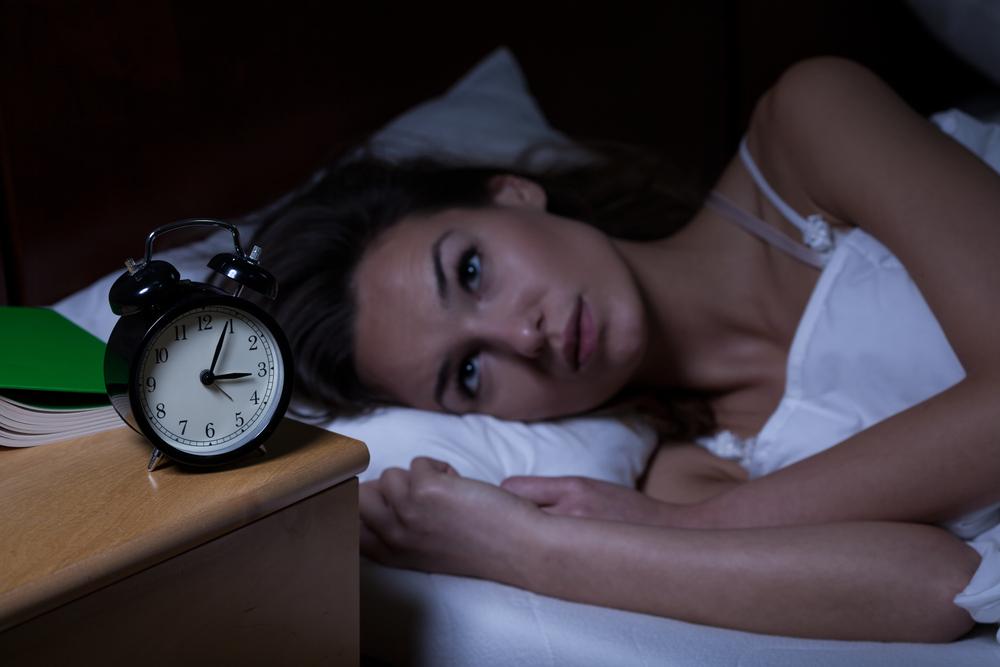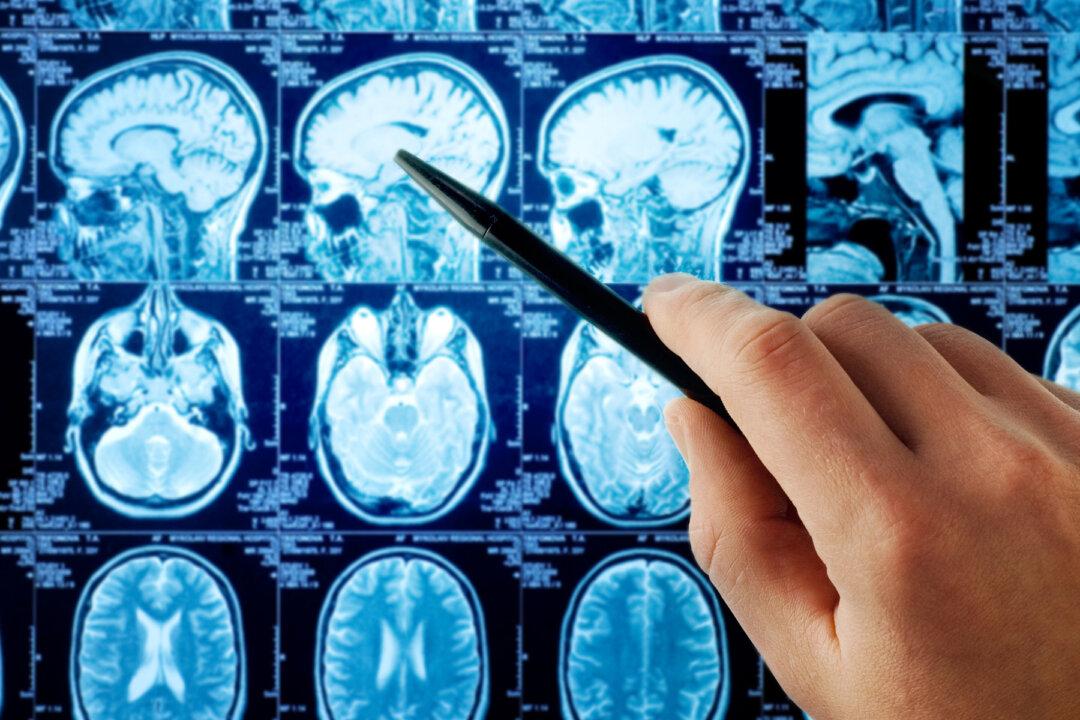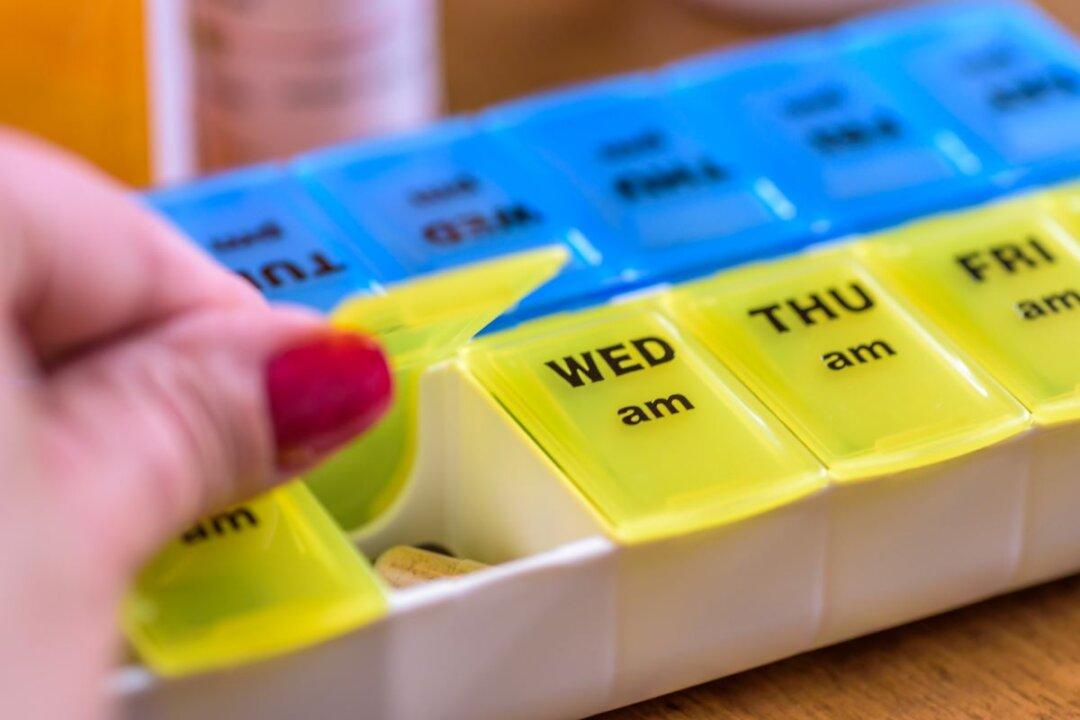A doctor from South Australia’s Flinders University is calling for Australian general practitioners (GPs) and insomnia sufferers to contact the university to learn how they can access an app that treats insomnia.
While “Sleepio” has been given a stamp of approval by the UK’s National Institute for Health and Care Excellence (NICE), in Australia, it can currently only be accessed through a Flinders University clinical trial.





